On the first Tuesday of every month, 10 Sydneysiders meet in a random location. It might be an office block, a gritty inner-city warehouse, or a grand, old university campus. They’re a diverse bunch of individuals – an even split of men and women who work in media, tech, finance and the arts – and they congregate monthly for an evening of discussion, deliberation and healthy debate.
But this isn’t a networking night or a wine-fuelled social get-together. Rather, it’s a meeting of micro-givers.
Introducing The Awesome Foundation, a group of community-minded donors who provide grants to compelling projects and worthy causes around the world.
A grassroots organisation rather than a registered charity, The Awesome Foundation operates under a simple and soul-warming premise: each month the 10 “micro-trustees” meet in their city and each chip in $100. They review proposals submitted by community groups, and then reward a lump sum of $1000 to one recipient, no strings attached.
“We call it a ‘giving circle’ or ‘micro-giving’,” explains Theresa Winters, dean of the Sydney chapter.
“We fund out-there ideas that will make Sydney more awesome. Not everybody needs $250,000 from the council, plus the grant-giving process can be bureaucratic and so laborious. We literally transfer $1000 into someone’s bank account to help with their project, and surprisingly, that can go a very long way.”
We literally transfer $1000 into someone’s bank account to help with their project, and surprisingly, that can go a very long way.
Since launching in 2011, the chapter has funded all manner of ventures. It’s helped support women from multicultural backgrounds learn to swim; funded the creation of a sensory garden in disability housing; and facilitated a camping trip for disadvantaged youth.
The projects, says Winters, are often grounded in social progress and equality, although sometimes they’re just brilliant, out-of-the-box ideas that offer much-needed levity and light.
“One of my favourite grants was in Washington, D.C., where they funded an interactive re-enactment of Indiana Jones with a huge rolling paper-mache boulder,” she says, laughing.
Founded in Boston in 2009, The Awesome Foundation has 83 chapters across the world and has given away nearly $6USD million to date.
Together, micro-donors like those from The Awesome Foundation are rewriting the rules of philanthropy, which has long been the domain of billionaire benefactors and barons. A handful of loose change or the cost of a monthly night out can drive tangible change – and ordinary people, en masse, can create something extraordinary. Or rather, something awesome.
—
Micro-giving isn’t a new concept, but its relevance is on the rise, says Krystian Seibert, policy and regulatory specialist at Philanthropy Australia.
“Most of us have put a gold coin donation into a charity fundraiser bucket before,” he points out. “But with the advent of technology, the range of micro-giving options are increasing, and we’re likely to see that continue.”
With the advent of technology, the range of micro-giving options are increasing.
Indeed crowd-funding sites like GoFundMe, which employ small capital from a large number of individuals to finance a venture or charitable cause, have been gaining momentum since the noughties. Other platforms, such as Kiva and LendWithCare, allow small investors and everyday people to provide microloans to entrepreneurs in developing countries.
These platforms generate billions in philanthropic funding – albeit in individual donations that can be counted in the tens of dollars rather than the tens of thousands. And the donors who use them are typically younger than the stereotypical silver-haired, super-rich that most people associate with philanthropy.
“Our group is aged from their late twenties to early forties,” says Winters of The Awesome Foundation’s Sydney chapter. “We did have a white middle-aged man for a while – we needed him for diversity.”
We did have a white middle-aged man for a while – we needed him for diversity.
Certainly Millennials are a driving force behind the growth of i=Change, a platform that allows retailers to give back one dollar from every digital sale to an NGO. No, it won’t offset that dress you just bought, but at least there’s some purpose behind the product.
To date, i=Change has raised $5,365, 362 and counting, with each gold coin donation funnelled into an NGO of the customer’s choice. It might be an Australian domestic violence support service, or a program that facilitates safe births in Papua New Guinea.
“I like to think of it as the power of one; one dollar can equal five million dollars and change a system and change lives,” says the founder i=Change, Jeremy Meltzer.
Beyond “shopping for change”, fresh models of micro-giving – where small groups work together to tackle large issues – are constantly emerging. Case in point: Groups of Five, a genius Canadian programme that invites five or more people to bring a refugee living abroad to Canada, pooling their resources and providing financial and emotional support for a year.
For other grassroots giving groups, the focus right now is on the pandemic-ravaged arts industry. There’s Protostars – which helps kickstart young people’s passion projects – and Supper Sessions, where ticket sales from a monthly candlelit dinner are pooled into a $1000 grant and awarded to an artist on the night.
This month, The Awesome Foundation awarded its grant to Geetha Balakrishnan, stage name Ms. G. The singer wanted to put on an International Women’s Day jazz gig with a twist, opening up the stage to not only cisgender women but to trans, non-binary and all female-identifying folk.
Philanthropic arts money, says Balakrishnan, is generally funnelled into elite pursuits like the ballet and opera, and not all venues welcome or understand inclusivity, making small grants imperative to breaking cycles of privilege.
“Micro-funding is so important, especially if you haven’t studied at the Conservatorium of Music and had access to the networks that come with that,” she explains.
Balakrishnan says she burst into tears when she found out she was The Awesome Foundation recipient, and is using the money to pay the artists in her show, who are equally elated.
For Winters, this cycle of giving sets off a dopamine rush like no other. “I think about the ripple effect; you call someone and tell them they’re receiving a grant and they’re so happy – and in turn they’re probably making dozens or even hundreds or thousands of other people happy through their project,” she says. “I just picture that joy radiating around Sydney …
There’s also a real community connection in our foundation – you’re meeting monthly and you start to develop friendships with like-minded people. It’s pretty self-selective, people who are part of The Awesome Foundation tend to be awesome themselves.”
Want to try micro-giving?
The Awesome Foundation meets regularly and has chapters around Australia. Micro-givers donate $100 at a time.
The Sydney Women’s Foundation operates sub-fund Women Kind, which funds projects that support women and children in greater Sydney.
The Blackbird Foundation uses micro-giving to fund $1000 Protostars grants for passion projects.
Supper Sessions holds events and dinners, where ticket money is pooled together to fund creative projects.
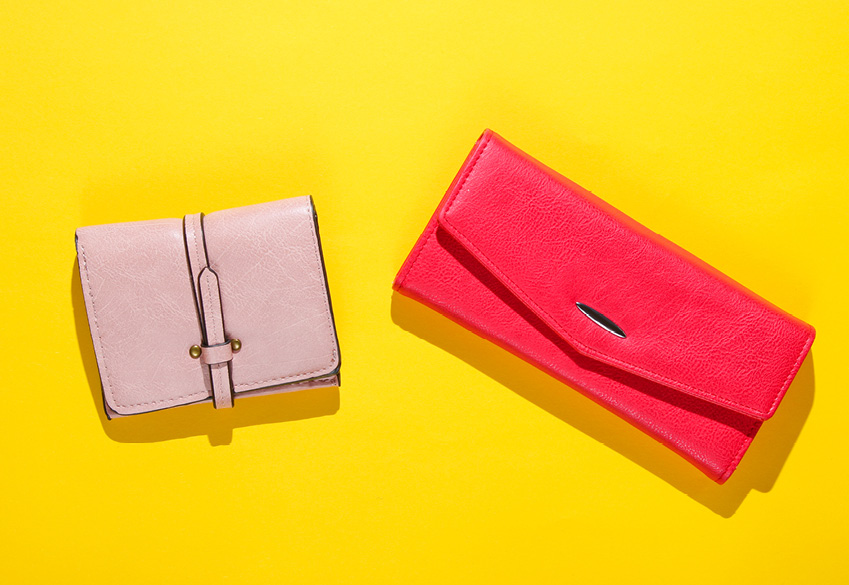
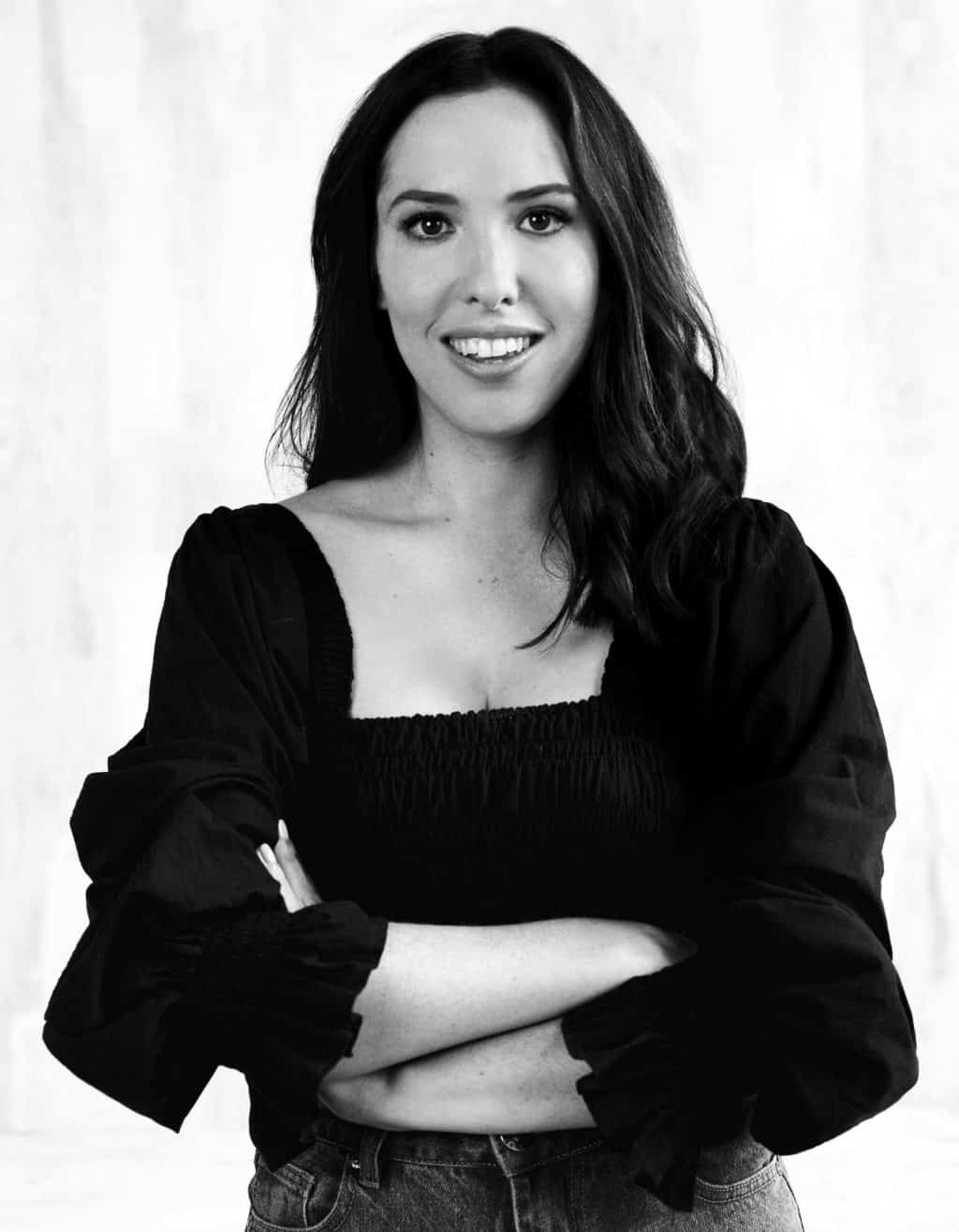

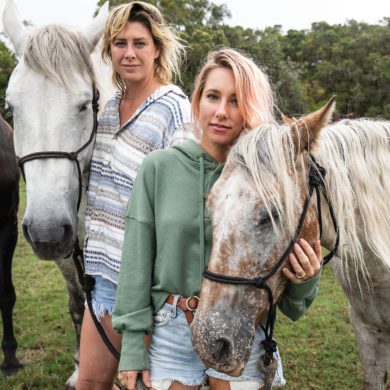

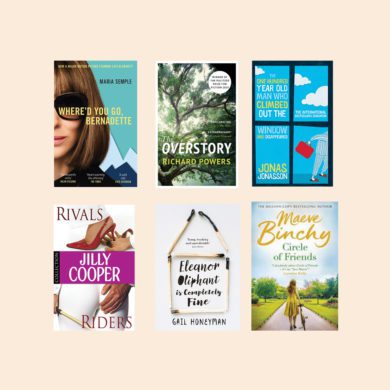
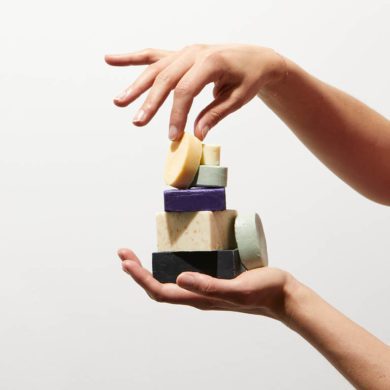
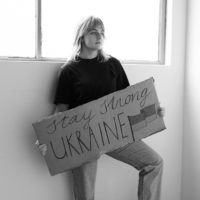

No Comments